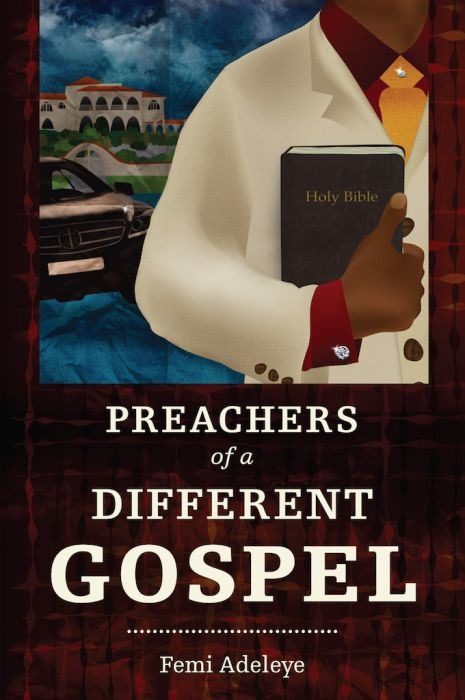Some of us are content to rely on pastors or other “experts” to give us an understanding of the word of God rather than studying it ourselves. Others prefer to live only on “new revelations” of other people rather than studying the Bible daily. It is so easy to be misled if we are unwilling to use our God-given minds to study and think through the word of God, especially since those who preach and teach false gospels also read the Bible and claim to speak for God. Some of those who teach false gospels use their personal experiences as the basis for truth, forgetting that truth must be the basis of experience and not the other way around. (2 Timothy 3:16).

Thus, we need to devote ourselves to studying all Scripture, and not to be content with just hearing what others have to say. Yes, we need to hear it expounded, but we also need to study it, allowing our minds to grasp its truth.
Why are there so many “gospels”? The answer lies in how we interpret the Bible. Some claim to have an anointing that entitles them to some divine interpretation that is beyond us. Others interpret the Scriptures without recognising that they contain different types of literature or genres. We need to interpret the Bible in a way that does not distort its message.
Seek what God intends us to know
Our goal must be to seek what God intends us to know and understand from the text, not what we intend to find. The primary objective is to read “out of” the text the meaning of the author – both the human and divine author – as it was understood by the audience then, and apply it to ourselves in our times. The Holy Spirit who inspired the authors will illuminate the word to us. No Christian or teacher has more of the Holy Spirit than other Christians. We should therefore not be intimidated by any claims to special “inspiration”.
It is very important to note that the different genres in the Bible are rooted in different historical-cultural contexts. For example, the Psalms, written in a poetic style, must be interpreted in a different way from the gospels, which are narratives. In interpreting prophetic passages, we need to determine the context the prophecy is given, its distant but contextual fulfilment, and how it fits into the fact that the Messiah has come and will return as judge. We cannot read the Old Testament, which looks to the coming of the Messiah, the same way we read the New Testament, which was written after the Messiah was revealed.
We are privileged to live at a time when there are many study tools available. It is good to make use of them: a good translation of the Bible; a good Bible commentary and tools such as Bible concordances.
Many false prophets
The importance of studying the Scriptures and “rightly handling the word of truth” cannot be over-emphasised. Jesus warned very clearly that prior to his return, there would be many false prophets, including some claiming to be the Christ, who would distort the truth (See Matthew 24:5 and 10-11).
This is already very much with us. False teachers and prophets use diverse ways to deceive many. What may look very attractive or popular to us may be detestable to God. Jesus warned in another passage that we must not assume that anyone who claims to have the ability to work miracles necessarily does so to the praise of God (Matt 7:21–23).
We must examine the quality and content of a person’s life and teaching in the light of the revealed will of God in the Bible.
Danger of different ‘gospels’
The Apostles also warned believers not to follow teachers who were presenting different gospels. Paul warned that not only would the number of such teachers increase in the last days, but that some of their teachings would be energised by demons (1 Tim 4:1). Peter indicated that false teachers would introduce their destructive heresies in subtle ways (2 Pet 2:1). He warned that they would seek to exploit the church (2:3) and take delight in pleasures (2:13). In addition to their being experts in greed (2:14), they would forsake the right way (2:15).
If we do not resist such teachers and their doctrines, however appealing they may be, the ultimate risk is that we, too, may drift from the right way and embrace a different gospel, which is really no gospel at all (Gal 1:6–7). The way to resist them is by understanding the truth ourselves.
This is an edited excerpt from Femi Adeleye’s book ‘Preachers of a Different Gospel’ (Hippobooks, an imprint of WordAlive, ACTS, Step, and Zondervan, 2011).


